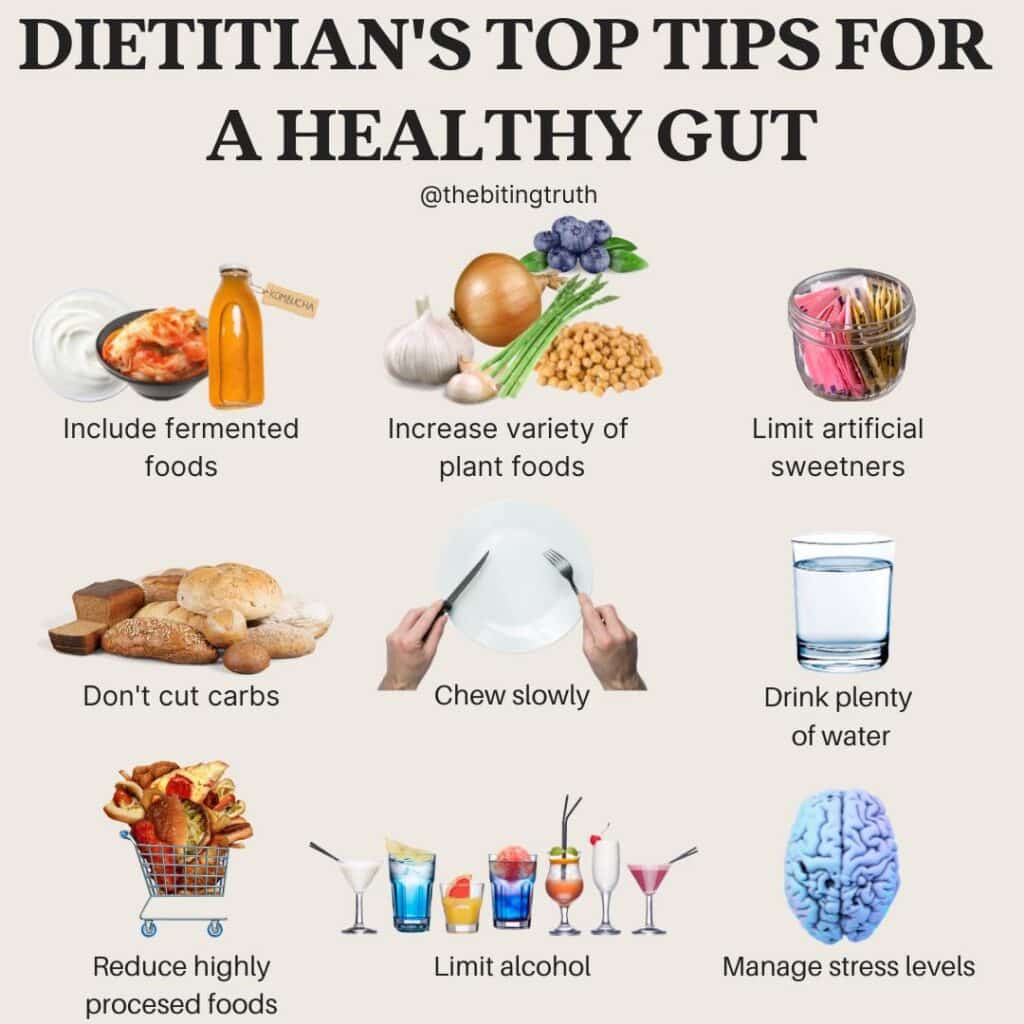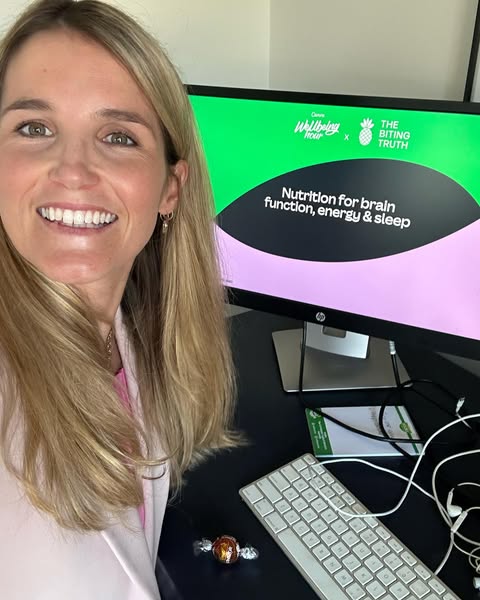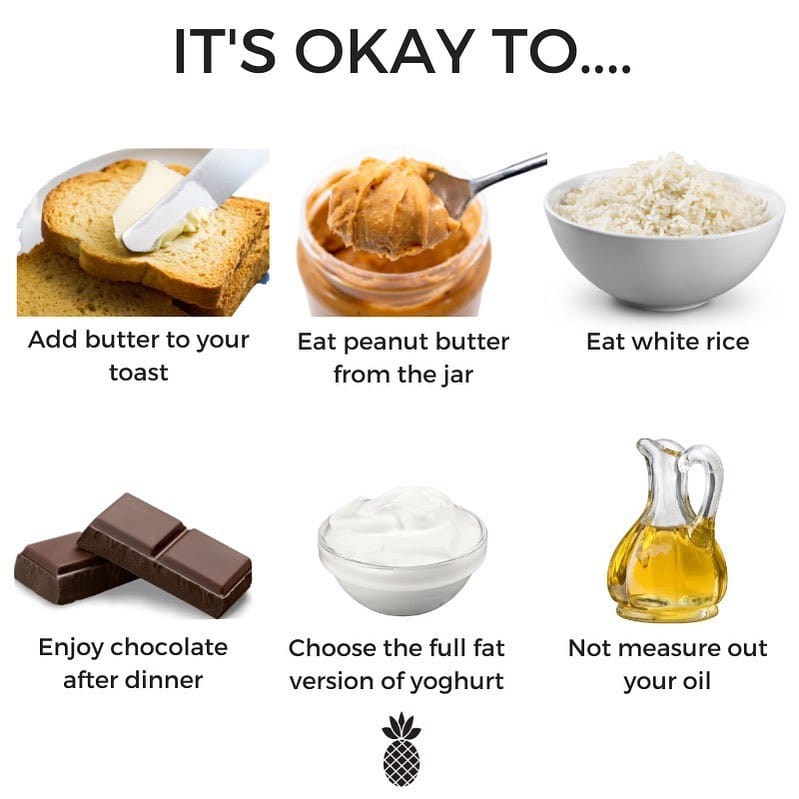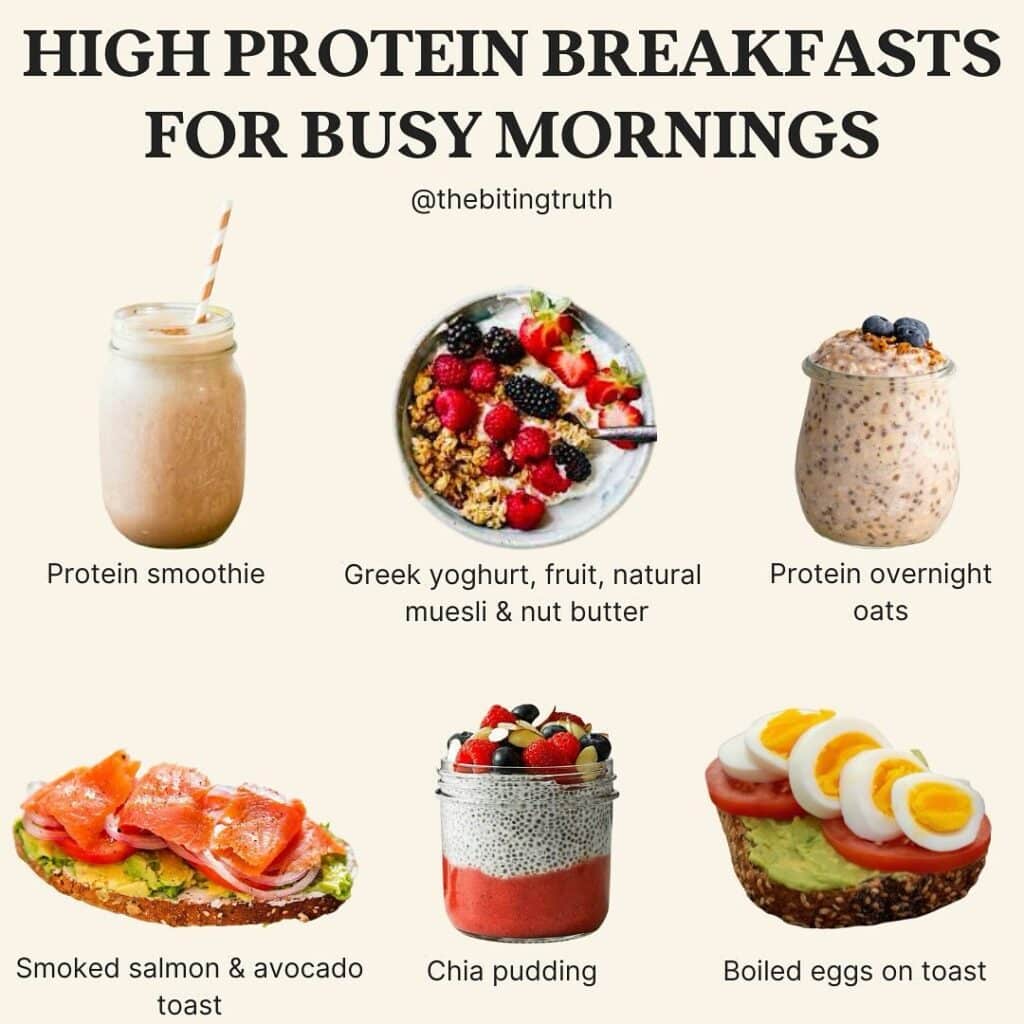Free shipping for orders over $80
Free shipping for orders over $80
Collagen supplements may not be new but they’re continually spruiked online by celebrities and Instagram influences for their potential benefits to improve skin health.
This so-called anti-aging remedy has been claimed to increase skin hydration, elasticity, collagen density, and reduce wrinkles and roughness of the skin.
There are also claims that supplementing with collagen may reduce joint aches and pains, assist with muscle and bone recovery, and even help with gut health. But before you opt in and decide to buy a collagen supplement to get the youthful, glowing skin of your dreams, let’s look at the facts and see what all the hype is about.
Collagen is one of the most common proteins found in the human body. Did you know… your body actually makes its own collagen. How cool is that! It can be found in your bones, tendons, ligaments, skin, hair, nails and even in your muscles. There are different forms of collagen. Type I and III are responsible for hair, skin, nail and bone health whilst Type II promotes joint and cartilage health.
Unfortunately, as you age, collagen production slows down. This may lead to the appearances of fine lines and wrinkles.
Not exactly… You don’t need to eat collagen directly to make collagen in the body.
Collagen can be found naturally in the diet from animal products. Sources of collagen include:
In saying that, there are a few things you can do to promote the formation of collagen in the body.
1. Eat plenty of protein
To optimise collagen synthesis in the body, protein is the most important nutrient to consume. Protein is made of amino acids, which are the building blocks needed to produce collagen. Eating a variety of animal (chicken, fish, eggs and dairy) and plant (nuts, seeds and beans) protein sources will help you meet your protein requirements.
2. Get enough Vitamin C
Unlike collagen, the body cannot produce vitamin C. Vitamin C plays an essential role in the synthesis of collagen and protecting the skin against oxidative stress. Some fantastic sources of vitamin C are citrus fruits (oranges, lemons), berries and vegetables like capsicums and broccoli.
Supplementing vitamin C may increase collagen production and accelerate the rate of fracture healing if you are not getting enough through your diet. It also acts as a powerful antioxidant that protects the body’s cells, which in turns helps increase the synthesis of Type I collagen.
There are no adverse effects associated with supplementing vitamin C however long-term getting vitamin C through dietary sources has been shown to be more effective at increasing collagen production than short-term supplementation.
3. Don’t forget about zinc
Zinc plays a critical role in collagen synthesis, wound healing and bone health. Research shows that zinc can help stimulate the production of collagen in the body. It has also been shown that a zinc deficiency can slow down collagen production.
Zinc is found in meats, shellfish, beans, legumes, nuts, seeds, dairy, eggs and even dark chocolate. Including a variety of these foods in your diet will guarantee adequate zinc intake.
It is also worth noting that smoking, eating too much added sugar and excessive UV exposure without protection can inhibit the production of collagen and contribute to faster skin ageing.
It depends…
Eating a well-balanced diet and meeting your daily protein requirements will help ensure your body is producing enough collagen to keep your skin healthy. However, if you’re struggling to do so, a supplement may be an option for you.
Typically, collagen supplements are hydrolysed, meaning that collagen has already been broken down into its amino acids. Apart from the cost, there are no downsides of using a collagen supplement.
If you are considering it, we would recommend considering the quality of the supplement. Be aware of fillers and plant-based collagen products. Also, gauge how you feel on it and if you notice any benefits to decide whether to continue supplementation or not.
Collagen is an important protein that is produced by the body. It plays an essential role in maintaining optimal skin, bone and joint health. There are various factors that can either promote or inhibit collagen production. Whilst collagen supplementation can be beneficial, we encourage eating a well-balanced diet and meeting your protein requirements through whole foods first.
—
Notes






